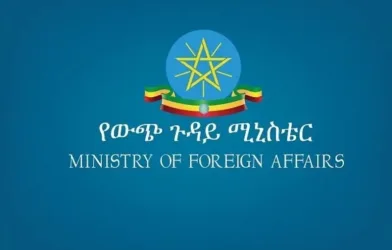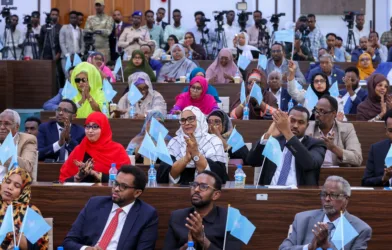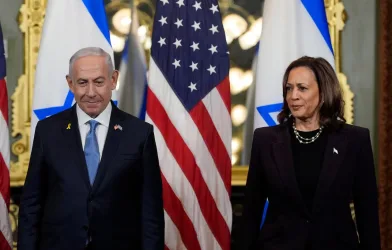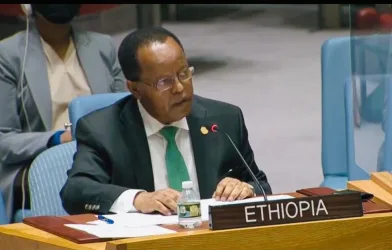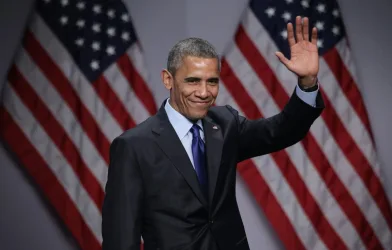
![]()
UNITED NATIONS: Two dozen countries debated the future of Somalia at the United Nations on Friday, weeks after a plan was launched to lift the country out of a political impasse.
The roadmap adopted on September 6 demands the end of the transitional government, which has proven incapable of restoring peace and authority to a country ravaged by 20 years of civil war.
US Secretary of State Hillary Clinton hailed the roadmap as a “crucial step toward building a stable, prosperous future for the Somali people” as she urged Somali leaders to take up the task.
“If Somali leaders do not follow the roadmap that has been negotiated by Africans for Africans, then I don’t know that the international community will be here next year and the year after with support. It is now up to Somalis,”the top US diplomat said.
One of the most delicate topics concerns finding agreement on a new government structure in a Somalia riveted by significant tribal tensions and bitter political rivalry.
“The Horn of Africa is the most complex, volatile and climatically challenged region in Africa today,” a senior US official said ahead of the UN meeting.
“Somalia is at the center of these many challenges and faces a humanitarian crisis, a security crisis and a political set of challenges.”
Meeting participants “stressed the importance of conducting popular consultations on the draft constitution and the reform of parliament to enable adoption of a new constitution by a representative body without delay,” a UN statement said.
“The meeting affirmed the importance of the development of government institutions and civilian capacity building across Somalia.” Delegations also expressed concern about the “expanding reach and increased levels of violence” of Somali pirates, and discussed the role of the African Union Mission in Somalia.
Last week, Somalia made a request at the UN Security Council for AMISOM’s personnel limits is nearly doubled from 12,000 to 20,000 peacekeepers.
The UN was expected to devote an entire meeting to the humanitarian crisis triggered by a drought in the region.
Some four million Somalis have been hit by famine and 750,000 could die, according to the United Nations. And the international community has increasingly denounced the Shebab for preventing aid to reach the needy, forcing a massive exodus to Kenya and Ethiopia.
Shebab’s efforts to block access to vulnerable areas of Somalia “has exacerbated this crisis,” said Clinton.
Somalia’s future debated at UN
Published: September 24, 2011


